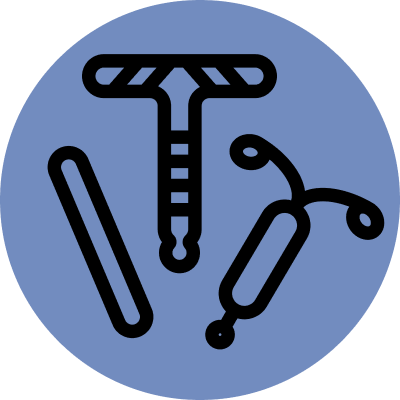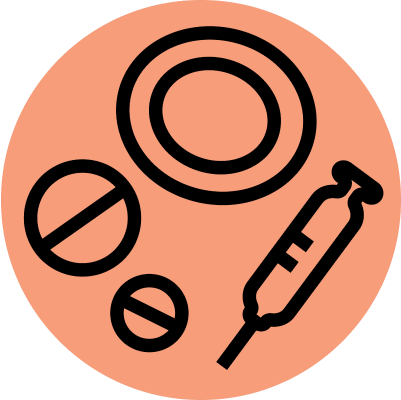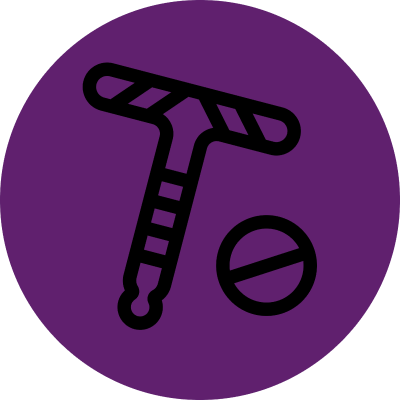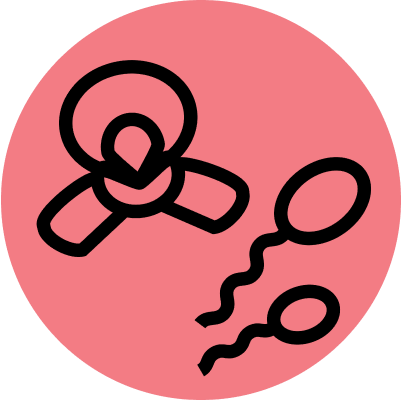Contraception
Contraception can help you prevent pregnancy. In Victoria, we have many contraception methods you can choose from.
Each work in different ways, and suit different people.
Find out more about which method could work best for you:
More information
- Better Health Channel – Contraception Choices
- Sexual Health Victoria – Your Contraceptive Choices
- Royal Women’s Hospital – Your Contraception Choices
- My Best Fit – MSI Australia’s online contraception advisor
- Contraception.org – Quiz, Conversation guides, myth busting and fact sheets
- Contraception Quiz – Children by Choice
- Contraception (Auslan) video (Sexual Health Victoria and Expressions Australia)
Contraception videos in community languages







